Amygdala
Recent articles
Newfound gene network controls long-range connections between emotional, cognitive brain areas
The finding could help unravel gene regulatory networks and explain how genetic and environmental factors interact in neurodevelopmental conditions.
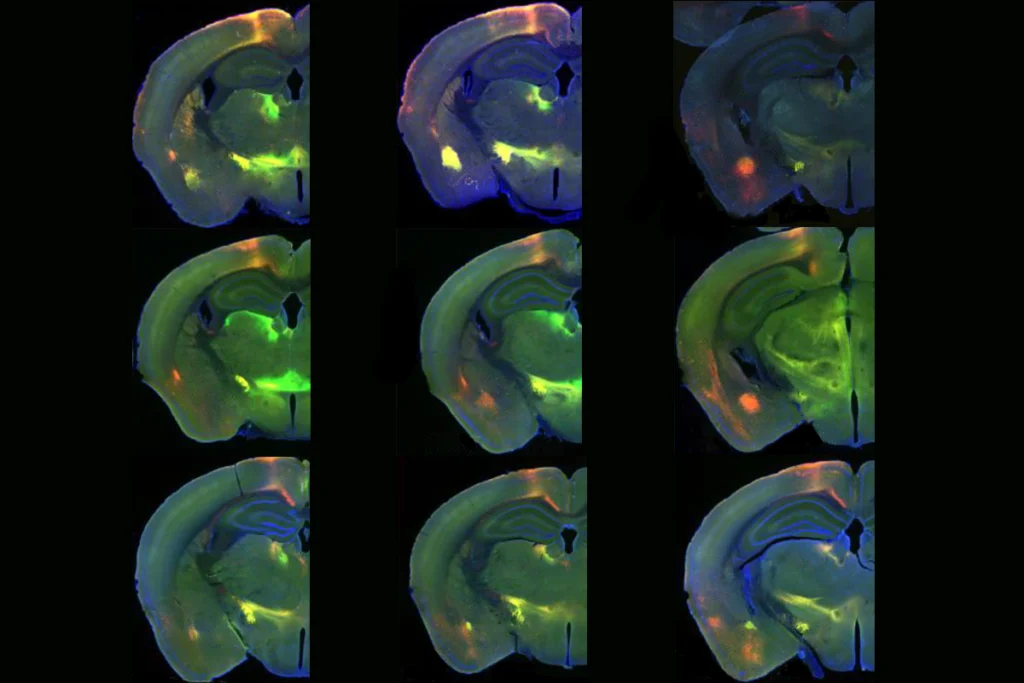
Newfound gene network controls long-range connections between emotional, cognitive brain areas
The finding could help unravel gene regulatory networks and explain how genetic and environmental factors interact in neurodevelopmental conditions.
Monkeys’ amygdala cells adapt to social status
The cells’ activity reflects social hierarchies and may enable flexible behavior.
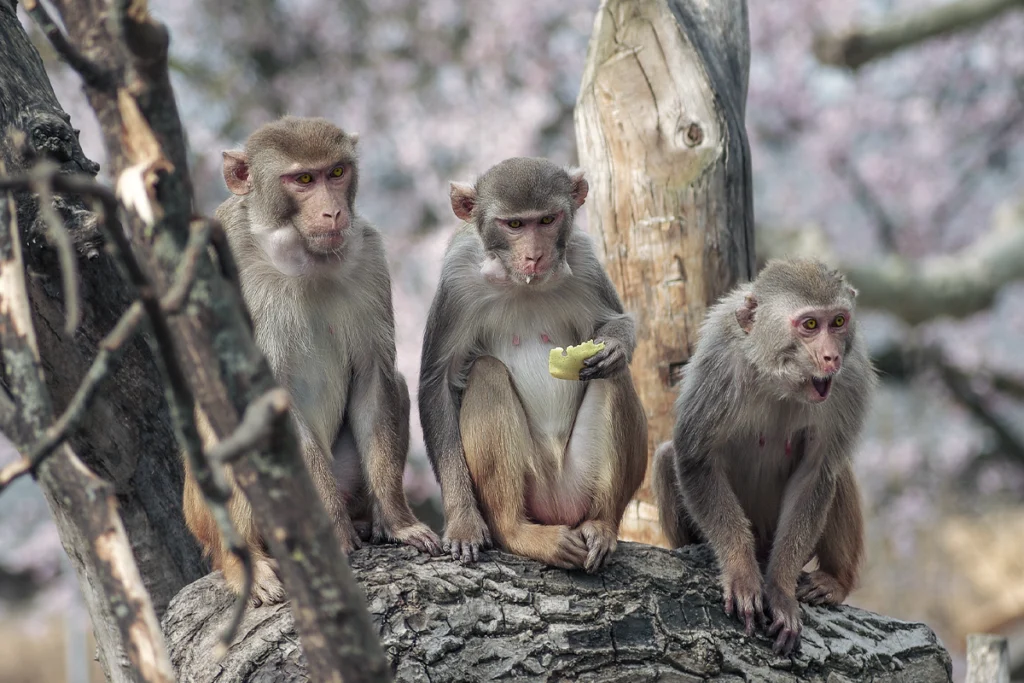
Monkeys’ amygdala cells adapt to social status
The cells’ activity reflects social hierarchies and may enable flexible behavior.
This paper changed my life: ‘Selective erasure of a fear memory’ from the Josselyn Lab
This groundbreaking 2009 paper set a foundation for the types of memories researchers could manipulate and inspired my own approach to science.
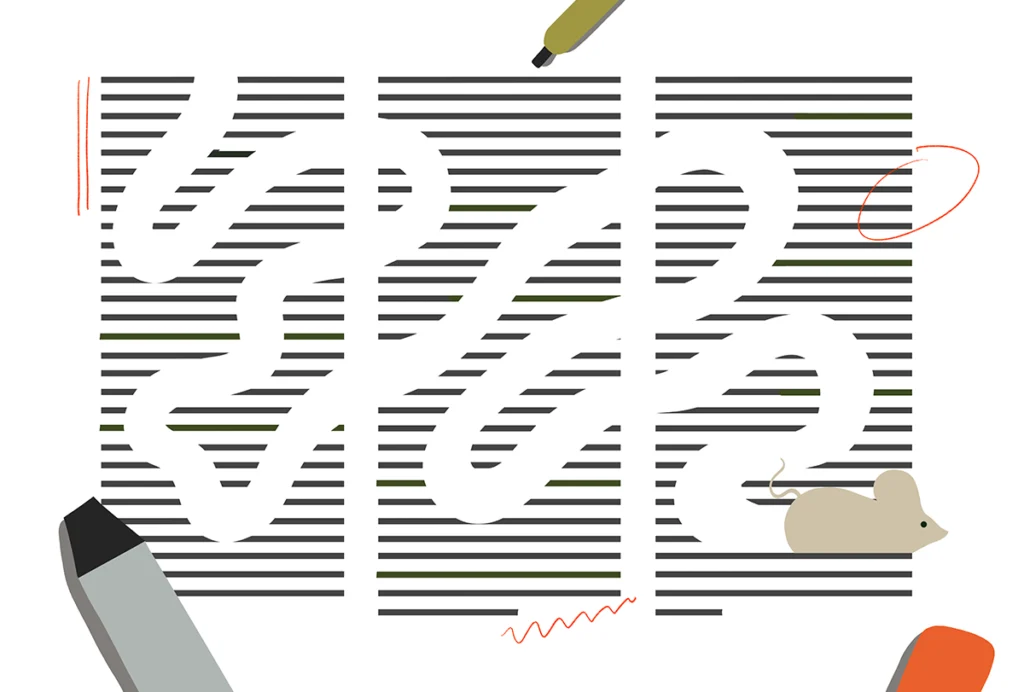
This paper changed my life: ‘Selective erasure of a fear memory’ from the Josselyn Lab
This groundbreaking 2009 paper set a foundation for the types of memories researchers could manipulate and inspired my own approach to science.
‘It must be something I ate’ is hard-wired into the brain
Feeling sick reactivates “novel flavor” neurons, according to a new study in mice, and points to a dedicated circuit for learning to avoid unsafe food.
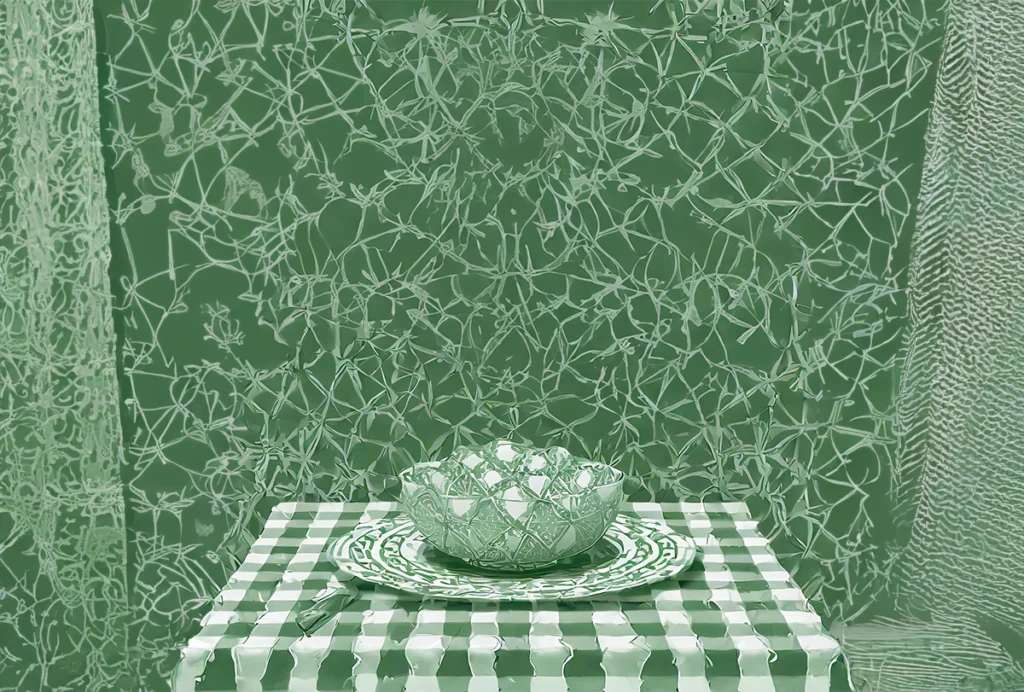
‘It must be something I ate’ is hard-wired into the brain
Feeling sick reactivates “novel flavor” neurons, according to a new study in mice, and points to a dedicated circuit for learning to avoid unsafe food.
Sheena Josselyn and memories lost, found and created
Her hunt for the engram opened a new avenue in memory research.

Sheena Josselyn and memories lost, found and created
Her hunt for the engram opened a new avenue in memory research.
On fashion in neuroscience: In defense of freezing behavior
Neuroscience experiments are moving toward the analysis of more complex behaviors, enabled by increasingly sophisticated tools. But we shouldn’t abandon simpler paradigms.
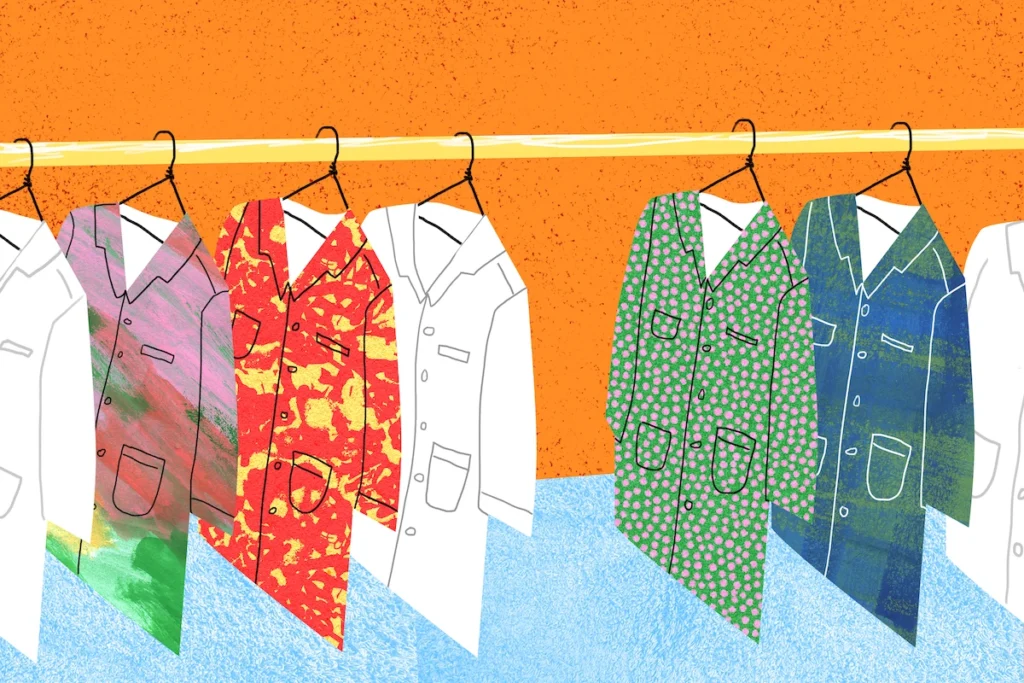
On fashion in neuroscience: In defense of freezing behavior
Neuroscience experiments are moving toward the analysis of more complex behaviors, enabled by increasingly sophisticated tools. But we shouldn’t abandon simpler paradigms.
‘Into the wild’: Moving studies of memory and learning out of the lab
People with electrodes embedded deep in their brain are collaborating with a growing posse of plucky researchers to uncover the mysteries of real-world recall.
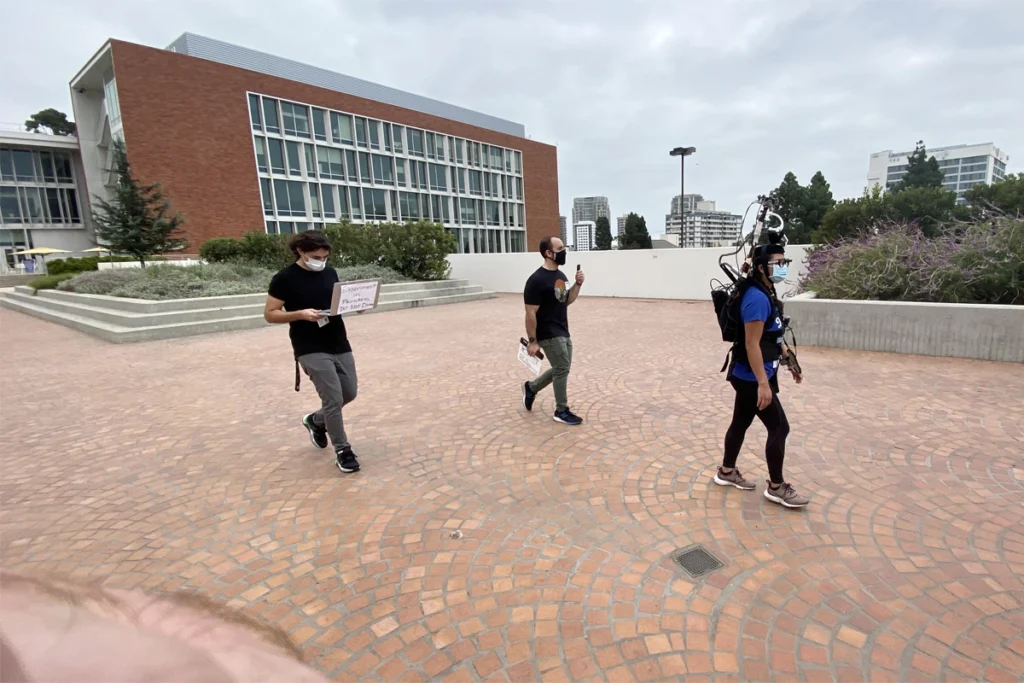
‘Into the wild’: Moving studies of memory and learning out of the lab
People with electrodes embedded deep in their brain are collaborating with a growing posse of plucky researchers to uncover the mysteries of real-world recall.
Magnetic stimulation for autism: Q&A with Xujun Duan
A new individualized approach to transcranial magnetic stimulation may one day be an effective treatment for social and communication difficulties, if the results from Duan’s small preliminary trial pan out.
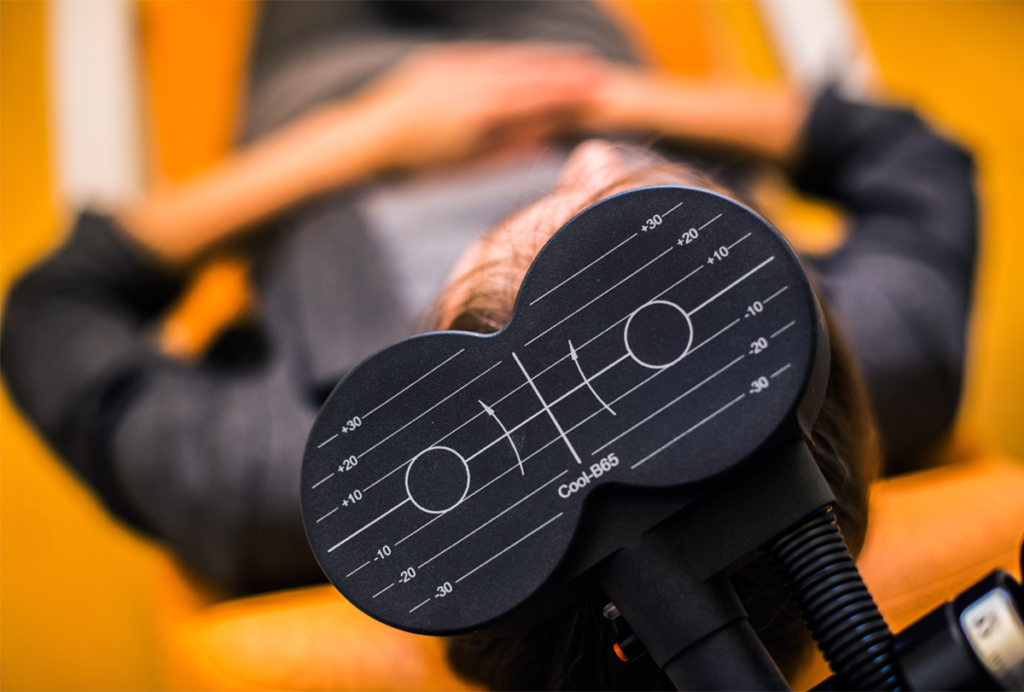
Magnetic stimulation for autism: Q&A with Xujun Duan
A new individualized approach to transcranial magnetic stimulation may one day be an effective treatment for social and communication difficulties, if the results from Duan’s small preliminary trial pan out.
Anxiety drives amygdala differences in autistic youth
Regions of the brain’s fear center expand in autistic children and teenagers with anxiety, but not in their autistic or non-autistic peers without anxiety.
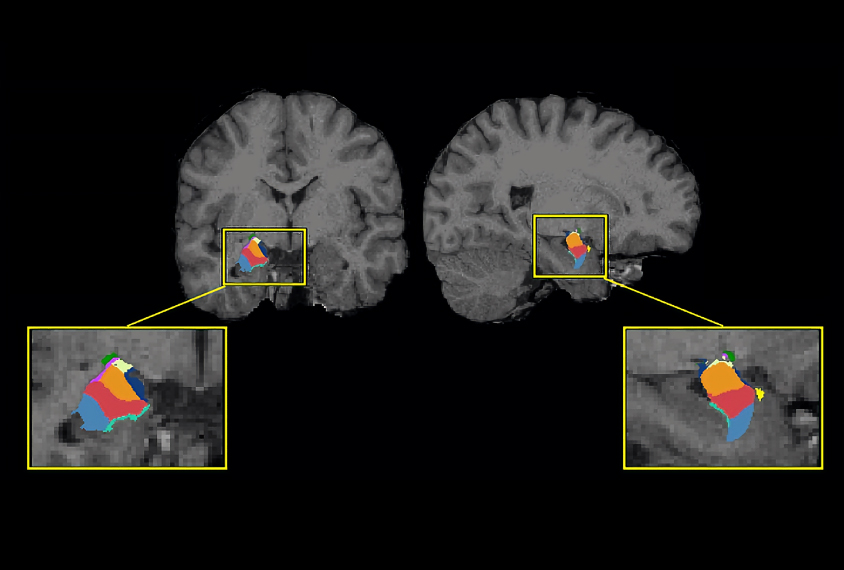
Anxiety drives amygdala differences in autistic youth
Regions of the brain’s fear center expand in autistic children and teenagers with anxiety, but not in their autistic or non-autistic peers without anxiety.
Amygdala-linked brain areas grow differently in autism
The growth differences vary between autistic boys and girls and are most apparent among children with prominent social difficulties.
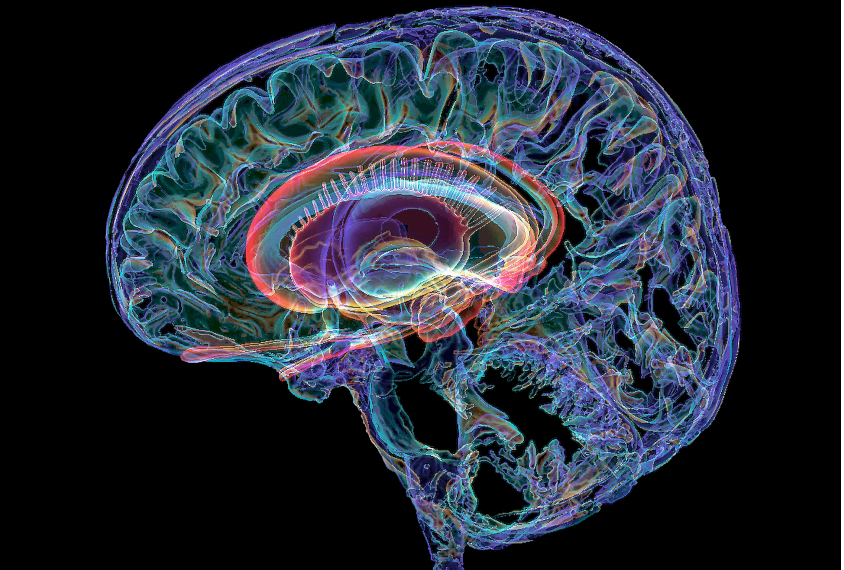
Amygdala-linked brain areas grow differently in autism
The growth differences vary between autistic boys and girls and are most apparent among children with prominent social difficulties.
Explore more from The Transmitter
Newly awarded NIH grants for neuroscience lag 77 percent behind previous nine-year average
Since President Donald Trump took office on 20 January, the National Institute of Neurological Disease and Stroke and the National Institute of Mental Health have awarded one quarter as many new grants as during the same two-month period, on average, since 2016.
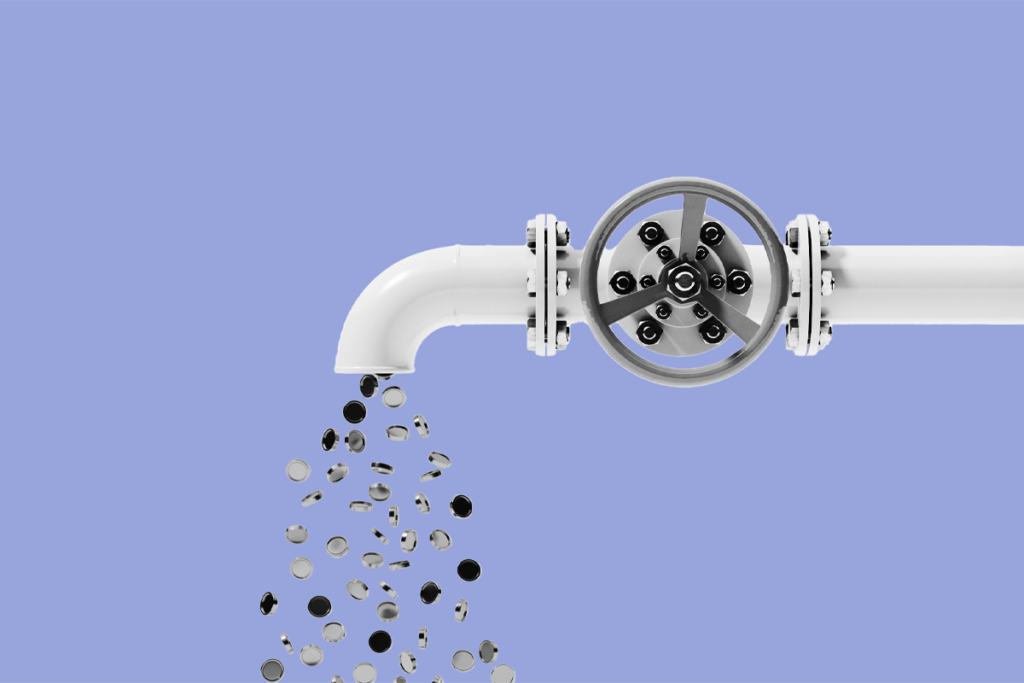
Newly awarded NIH grants for neuroscience lag 77 percent behind previous nine-year average
Since President Donald Trump took office on 20 January, the National Institute of Neurological Disease and Stroke and the National Institute of Mental Health have awarded one quarter as many new grants as during the same two-month period, on average, since 2016.
Releasing the Hydra with Rafael Yuste
Losing HHMI Investigator status prompted Yuste to study neural networks in a new way.
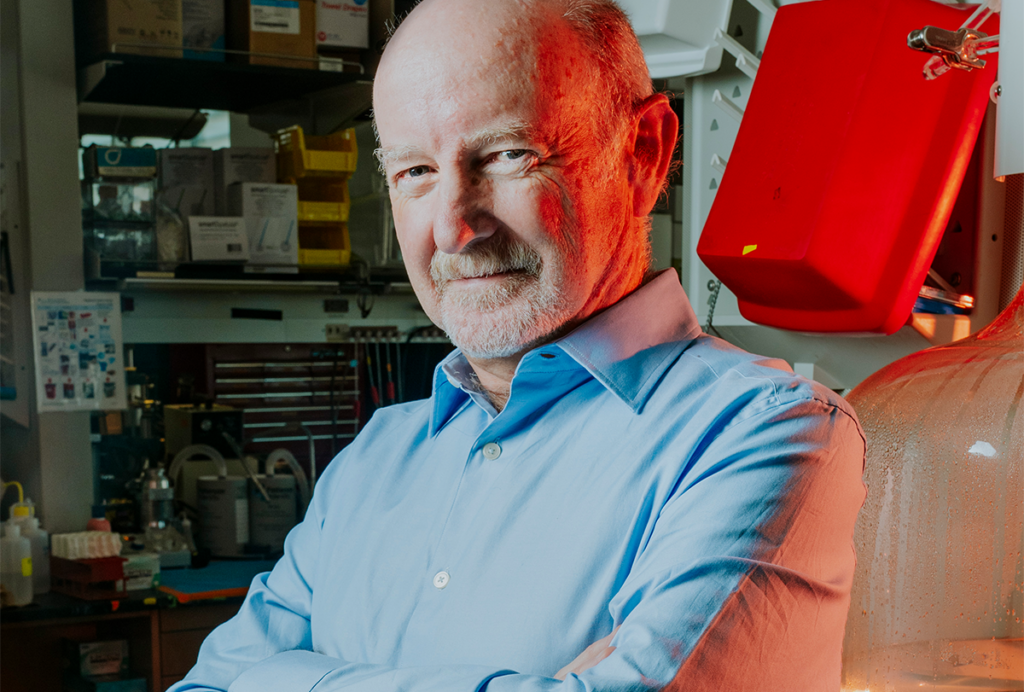
Releasing the Hydra with Rafael Yuste
Losing HHMI Investigator status prompted Yuste to study neural networks in a new way.
Coding error caused layoffs at National Institute of Neurological Disorders and Stroke this week, source says
Thirty employees—including 11 lab heads—at the institute should “immediately return to work,” according to an email the institute’s Office of Human Resources sent to top administration at the institute Wednesday evening.
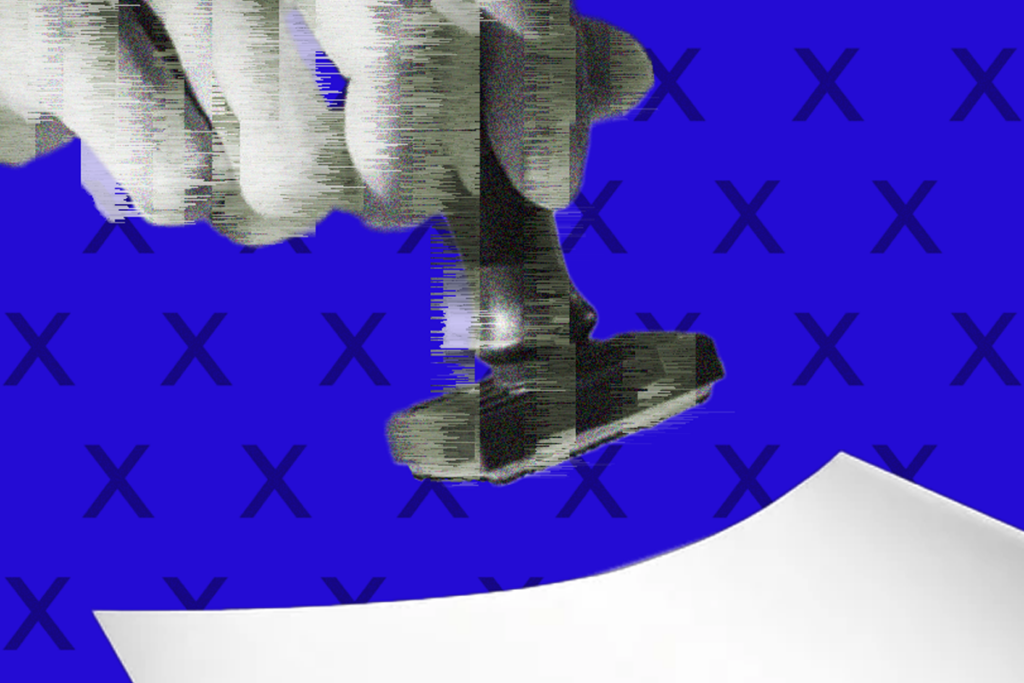
Coding error caused layoffs at National Institute of Neurological Disorders and Stroke this week, source says
Thirty employees—including 11 lab heads—at the institute should “immediately return to work,” according to an email the institute’s Office of Human Resources sent to top administration at the institute Wednesday evening.